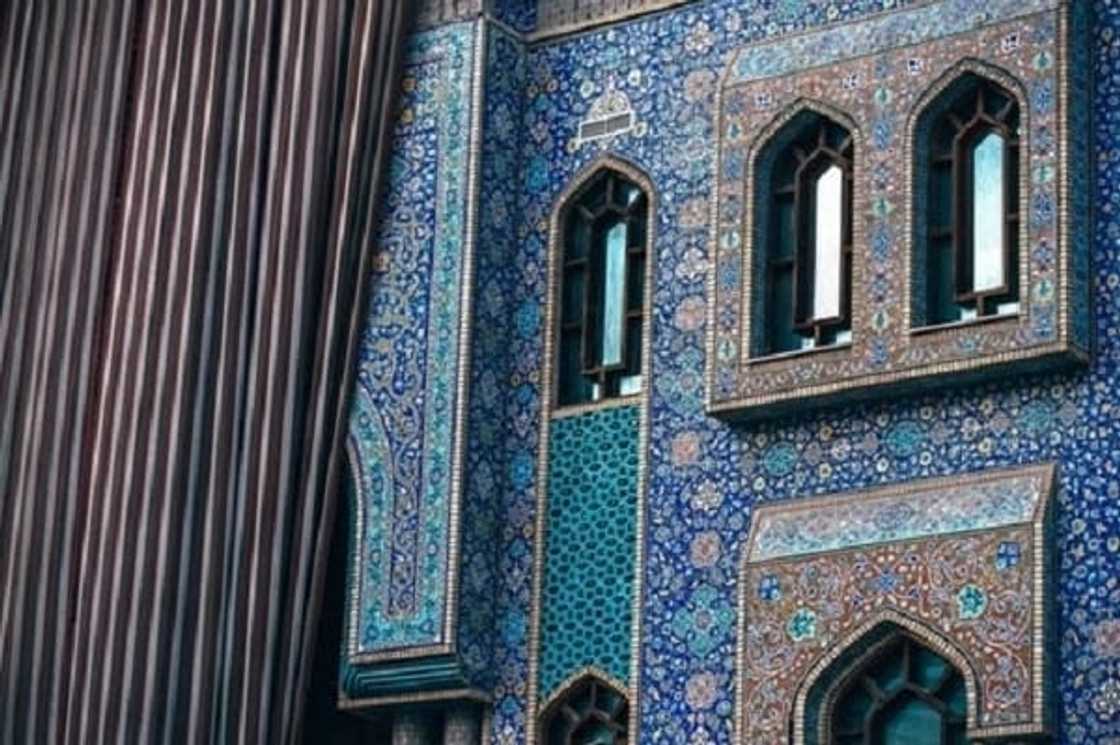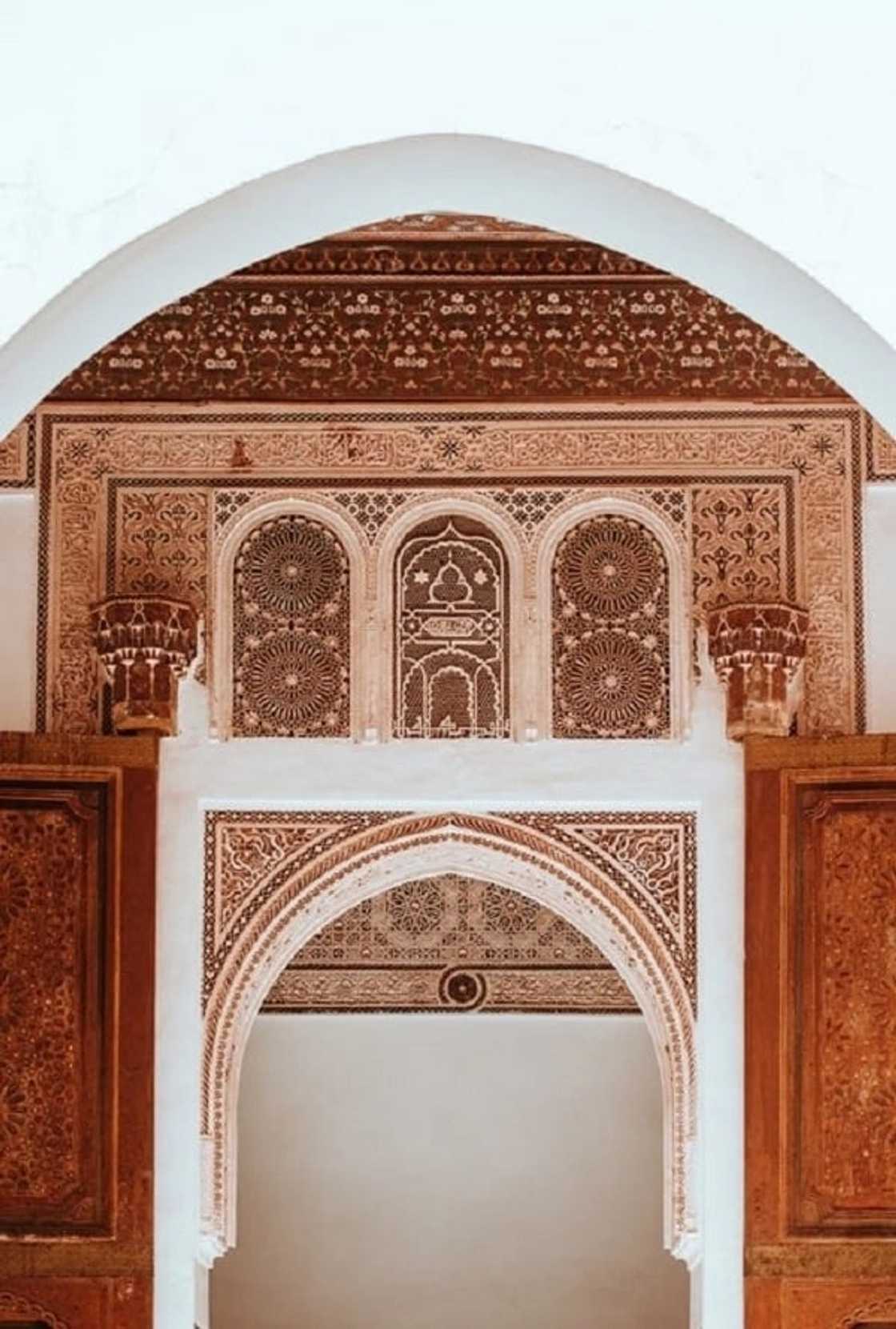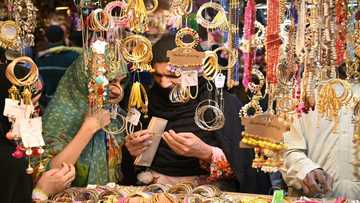Ramadan Mubarak and Ramadan Kareem: meaning and difference
All days should be the same on a secular calendar, but they are not on religious calendars. In the Muslim case, the entire month of Ramadan, the ninth of the Arab lunar calendar, is the celebration of the most memorable event of all. Nevertheless, what do Ramadan Mubarak and Ramadan Kareem mean, and how do they differ in usage?

Ramadan is a blessed month in the Muslim calendar since Prophet Muhammad received the Quran in the month. During this period, the gates of heaven open wider than ever. Just as the word of Allah came down, the expression of those who pray reaches him more effectively than at any other time.
What is the month of Ramadan?
Ramadan begins on the 9th month of the lunar year. Also, traditionally, the beginning of Ramadan is decreed when a religious leader sees the first crescent moon. Astronomical calculations also make it possible to predict the date.
But then, why does the Ramadan date vary each year? The Islamic calendar is lunar, meaning that each month begins with the new astronomical moon.
As lunar months are shorter than solar, the Islamic calendar does not correspond with the Gregorian calendar followed in the West. Thus, a Muslim year would have 354 days instead of 365 on the general calendar. This difference is what explains why Ramadan is advanced between 10 and 11 days each year.
Is it obligatory to follow the Ramadan fast?
Yes, Ramadan is mandatory for every healthy Muslim once they reach puberty. A Muslim is expected to fast from sunrise to sunset. However, there are certain exceptions.
So, who can skip the Ramadan fast? Children and women who are menstruating or have not yet recovered from recent childbirth can skip Ramadan, although they will need to make up for non-fasting days throughout the year. The same happens with the sick and those travelling.
What is the difference between Ramadan Mubarak and Ramadan Kareem?
Muslims globally use both terms generally. However, there are some major differences between both words linguistically. Ramadan Mubarak means to have a blessed Ramadan, while Ramadan Kareem is used when wishing someone a generous Ramadan. It can be translated as "may Ramadan be generous to you."
Some believe that the phrase is inappropriate to use during the month as some Muslims feel that it goes against Islam's teachings since Ramadan itself cannot be generous. However, others argue that it is fine to use it because it reflects the blessings that God gives to his followers during the month of fasting.

Can you say Ramadan Mubarak during Ramadan?
While there are various contradictions between both terminologies, it is believed that using Ramadan Kareem is fine because the phrase represents Allah's blessings during the month. What is the correct greeting for Ramadan? Ramadan Mubarak is the most commonly used of the two as originally used by the Prophet Muhammad.
Ramadan Kareem wishes
For non-muslim, it is pronounced as rah-ma-dawn kah-reem. During this period, there are countless wishes. Below are some of the best Ramadan Kareem wishes:
- May Allah bring lots of happiness and blessings to your lives. Happy Ramadan Kareem!
- Enjoy the protection and blessings that come from Allah Almighty. He is the only saviour. Ramadan Kareem!
- Your joy will know no bounds, and your blessings will overflow to others as you partake in this holy fast. Happy Ramadan Kareem!
- Before you call, may Allah respond, and while you are talking, may he hear your prayers. Ramadan Kareem!
- May Allah bring lots of happiness and blessings to your lives. Happy Ramadan Kareem!
- May Allah bless and fulfil all you ask for during this holy month.
- O Allah, forgive us for all our sins and take us in your blessings and happiness. We are very weak; give us the strength to fight against sins.
Ramadan Mubarak wishes
It is pronounced as Rah-ma-dawn Moo-bar-ack. Below are some of the Ramadan Mubarak wishes:
- This season will make you forget all you have cried over and cause you to rejoice because of the good things coming your way. Ramadan Mubarak!
- Enjoy Allah's blessing this day and as long as you live on the earth. Ramadan Mubarak!
- Your life shall be decorated with glory, and your pains will give way for new gains this season in Allah's name. Ramadan Mubarak!
- May Allah fill your heart with courage and make your way closer to victory. May Allah be always with you and yours!
- I wish you and your family grace to do good deeds this Ramadan. O Allah, forgive us for all our sins and add us to your special ones.
- As we celebrate the holy month of Ramadan, I wish that greatness and success find you and fill your house. Ramadan Mubarak!
- Every good thing you desire this season shall receive speedy fulfilment this special month in Allah's name. Ramadan Mubarak!
- This season encourages everyone to do good and reconcile with those who have wronged them to enjoy Allah's blessings. May you not miss your reward for doing these.
- In the month of Ramadan, try to be very close with the name of Allah, and you will feel like you are in heaven and the devil is running away from you.
A proper understanding of the meaning and difference between Ramadan Mubarak and Ramadan Kareem helps each Muslim to know the appropriate one to use each time. Nevertheless, Ramadan Mubarak means to have a blessed Ramadan, while Ramadan Kareem is used to wish someone a generous Ramadan.
In celebrating this special month of Ramadan, Yen.com.gh shared some beautiful Ramadan quotes to encourage others and wish them well. Those you share any of them with, without a doubt, will always be grateful for receiving them.
Source: YEN.com.gh





